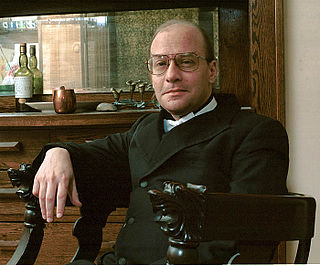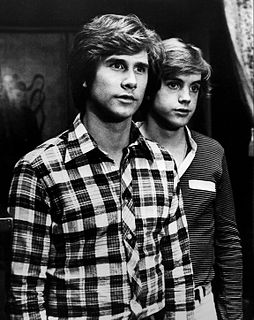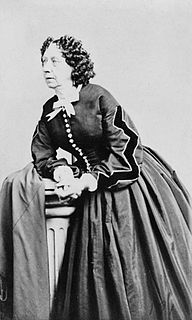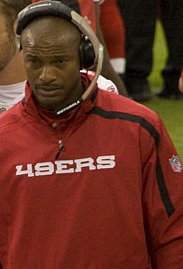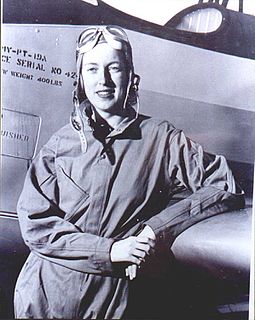A Quote by John M. Ford
Naturally, the reader has access only to the events I show and the way I show them, but as has been said, there's generally a good deal of ambiguity in that presentation.
Related Quotes
I've worked with Emily Skinner and I've seen Linda Balgord's work. I saw Harvey Keitel at the call-backs. But generally I don't know many people. They're not only good performers; they're really good singers! This show is for people who have more of a history in reading music. From what I already know about the ensemble, it's going to be great. And I can't wait to meet the rest of them. They're the real deal.
I never thought of myself as being that good looking, I was an actor, people saw me on television, and then they start to think you're good looking because of that presentation. I was no better looking before the show, than after - and before the TV show I couldn't get a date to save my life. So what changed? Did I suddenly become more good looking? No. I got lucky, I got a TV show. That's what happened.
Within a single scene, it seems to be unwise to have access to the inner reflections of more than one character. The reader generally needs a single character as the means of perception, as the character to whom the events are happening, as the character with whom he is to empathize in order to have the events of the writing happen to him.
The only way to deal with loss - as a horribly unwelcome guest that you know will show up eventually. And so you deny it and reject it and ignore it and laugh in its face. You toss it out into the street and push it away and fight it off, and only it has landed square in your lap, only then do you deal with it.
Well, I think tone is very important with this show [Masters of Sex] because there are certain elements or certain aspects to the show that may be reminiscent of other shows. But, it really is a very new kind of show, in terms of the subject matter and the way it's being dealt with, and the fact that it's about real people and real events.
As my father taught me, and he drove home that point, he said, 'Just remember something. You don't need to tell anybody how good you are. You show them how good you are.' And he drove that home with me. So I learned early not to brag about how good I was or what I could do but let my game take that away and show them that I could play well enough.
We don't believe in limiting access to our product. We believe that making our ticket sales available on as many sites as possible is good for the studios and good for us. We have on any given day 25,000 show starts - five show times at 5,000 screens. We have 1M seats more or less in our circuit. So I have 25M sales opportunities every single day. Why would I want to limit access?
It's difficult because you can't generalise about these things. But in essence, you deal with children as simply as you deal with actors - you have to show a certain sort of respect. You deal with them lovingly and protect them, but if you protect them enough then they're open to engage with what you want to do with them.
